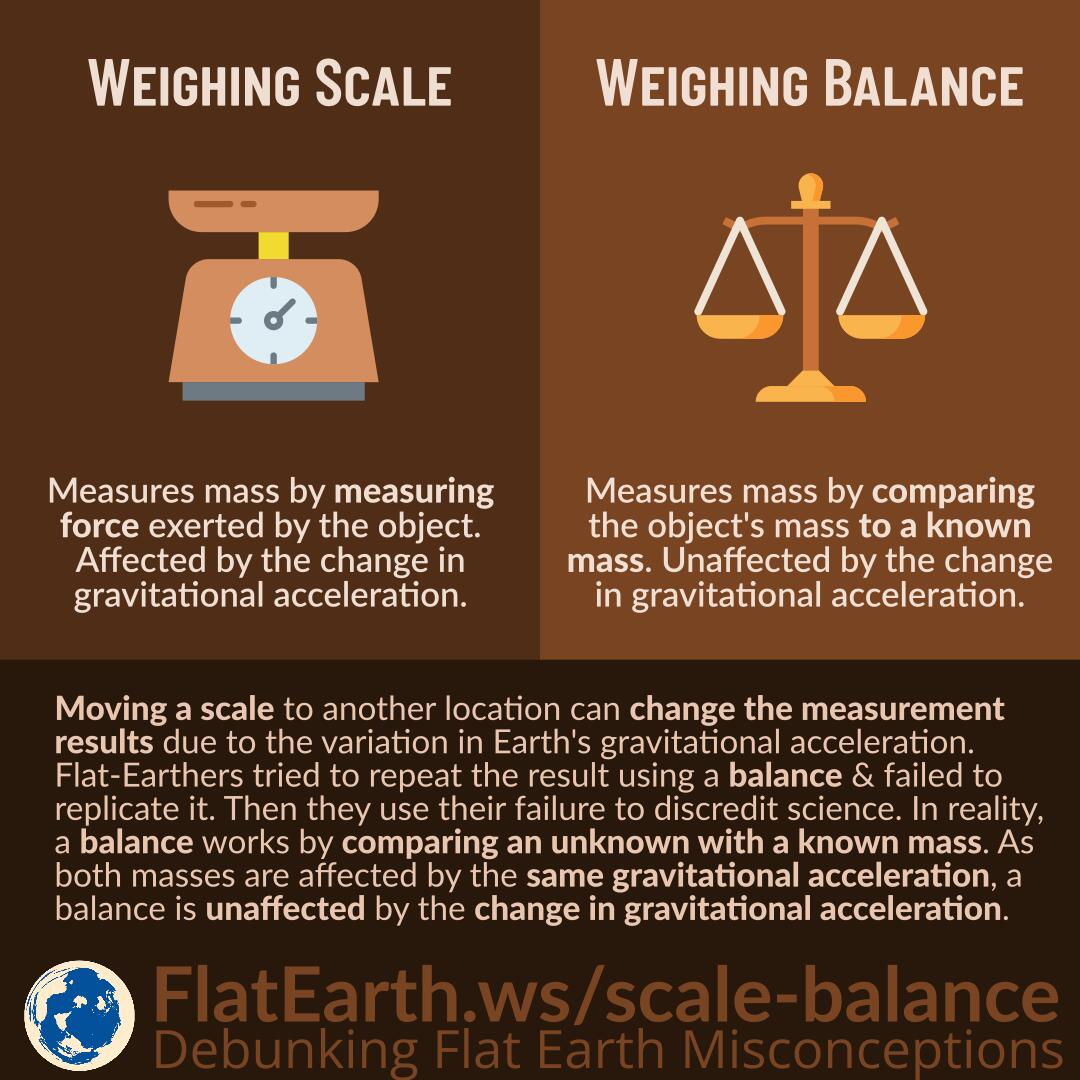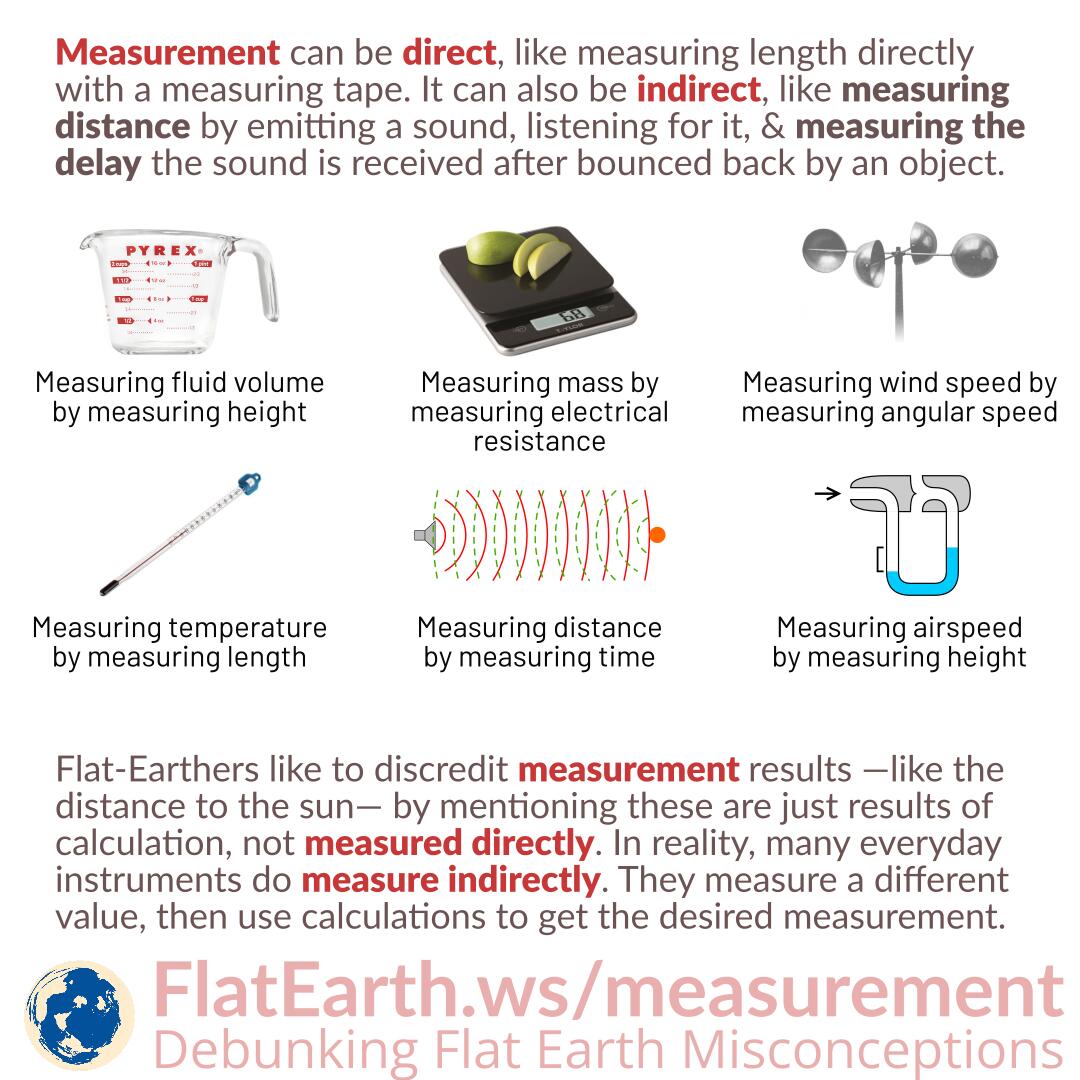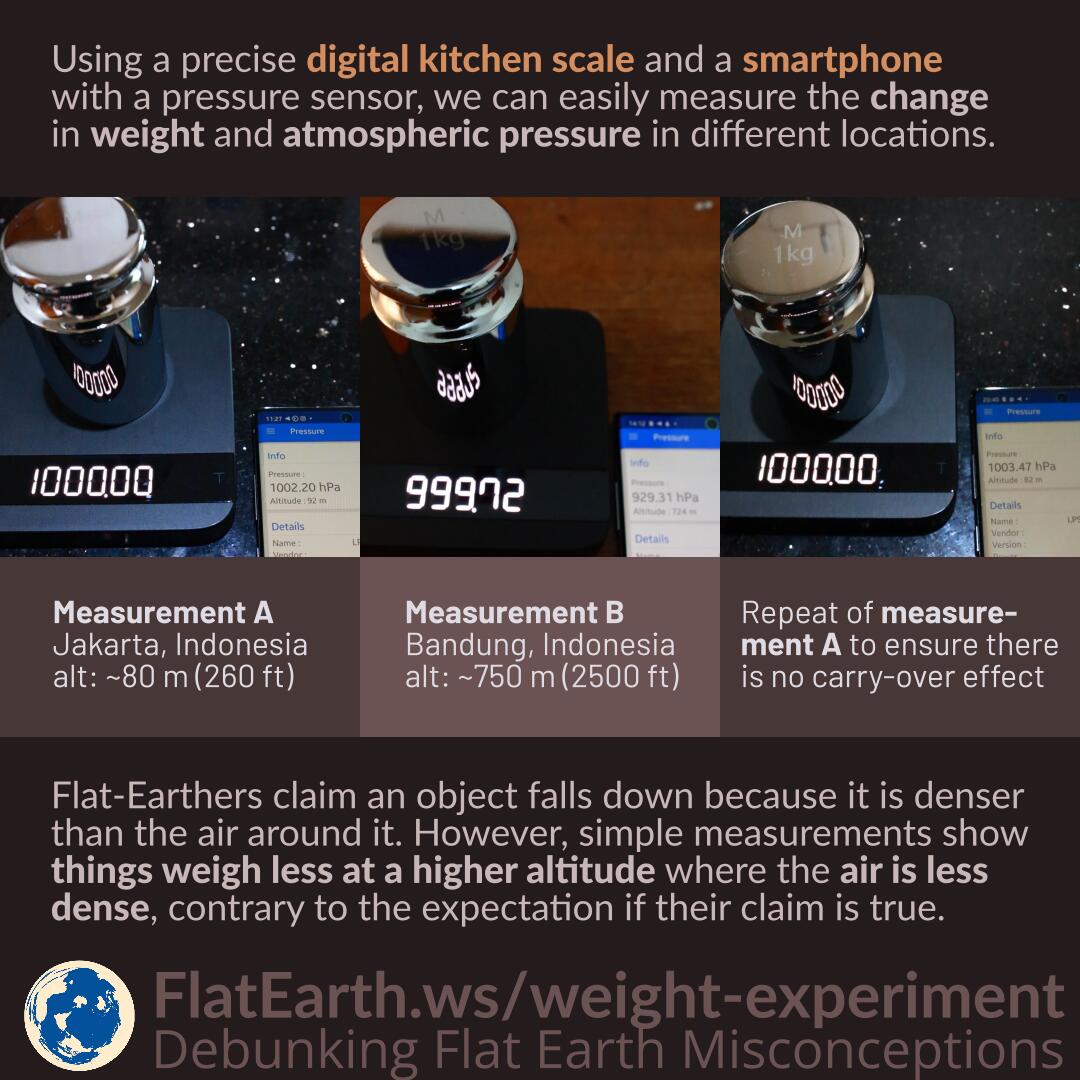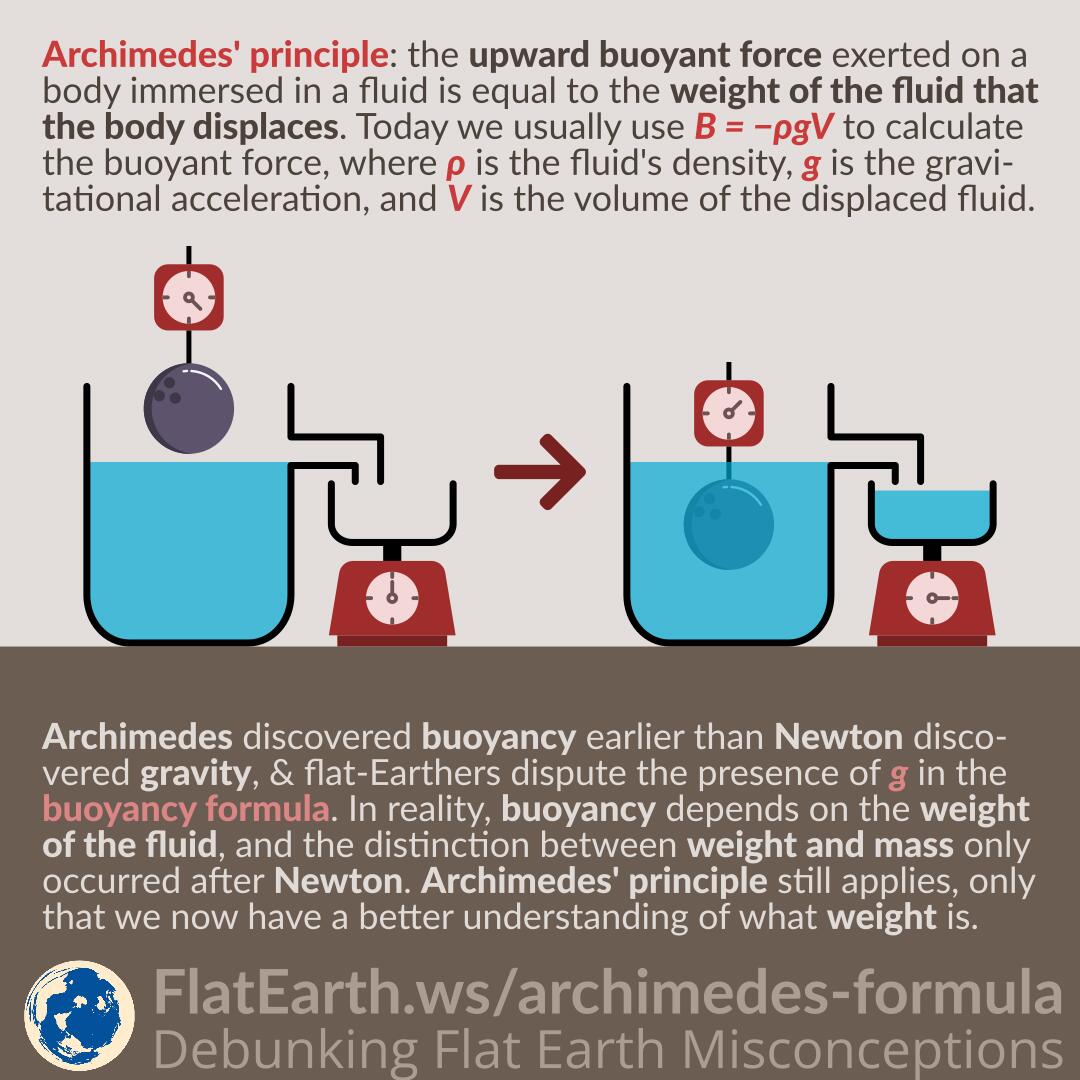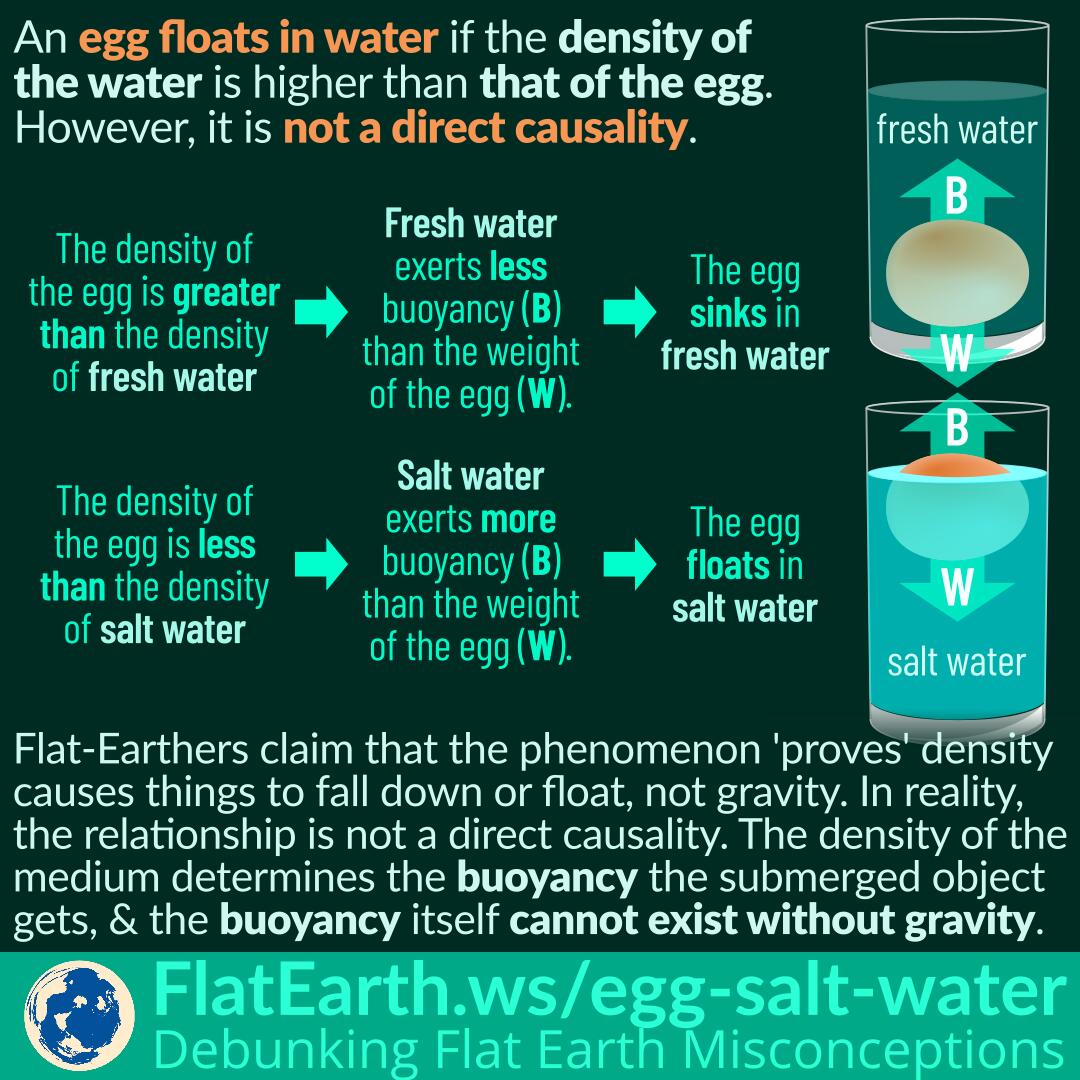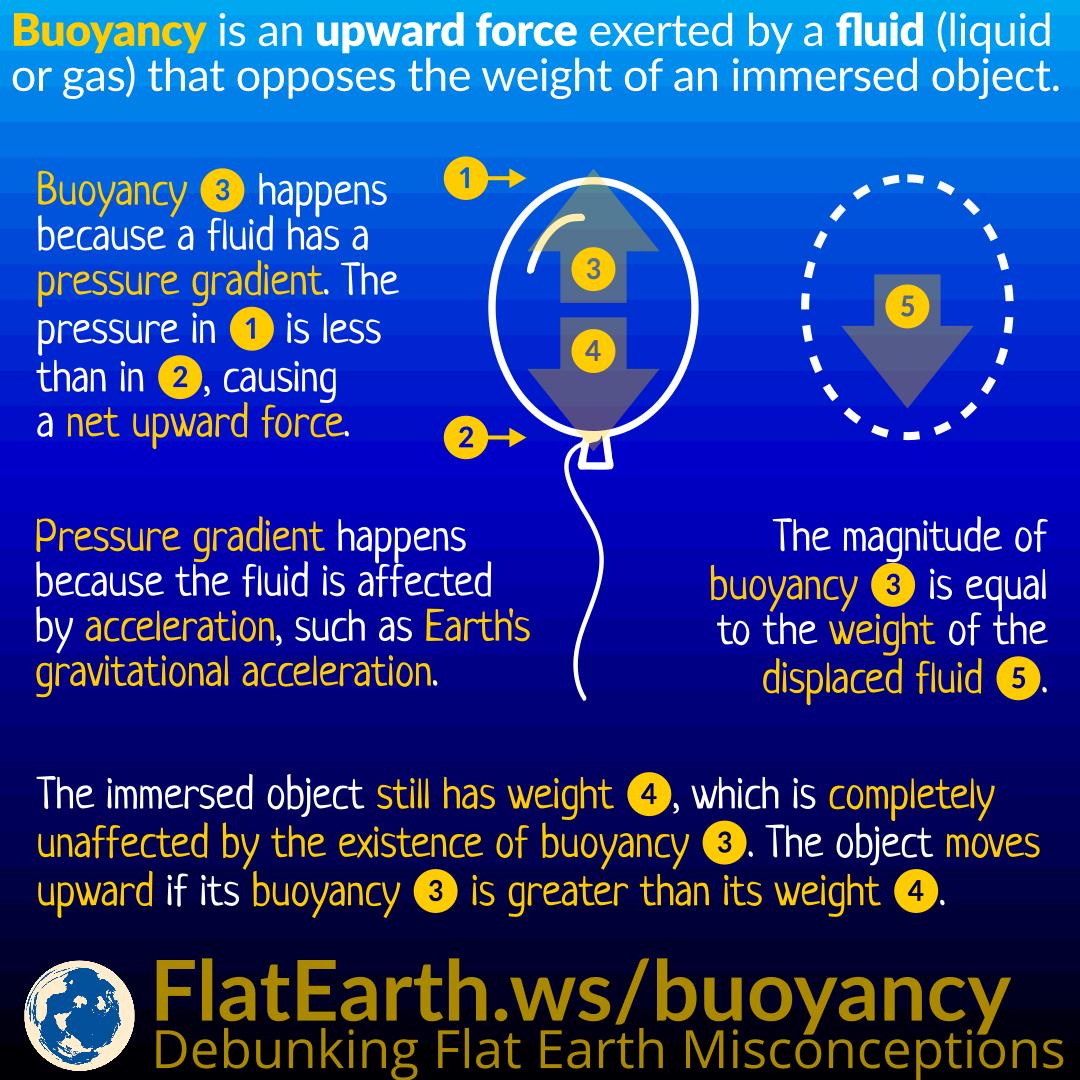A weighing scale measures mass by measuring the gravitational force exerted by the object we measure. Because the magnitude of the force depends on the strength of the gravitational acceleration, the result can vary depending on the location. It is the reason the scale needs to be calibrated after it is moved to another location.
On the other hand, a balance measures mass by comparing the object’s mass to a previously known mass. Because both masses are affected by the same gravitational acceleration, a balance is not affected by the change in gravitational acceleration.


